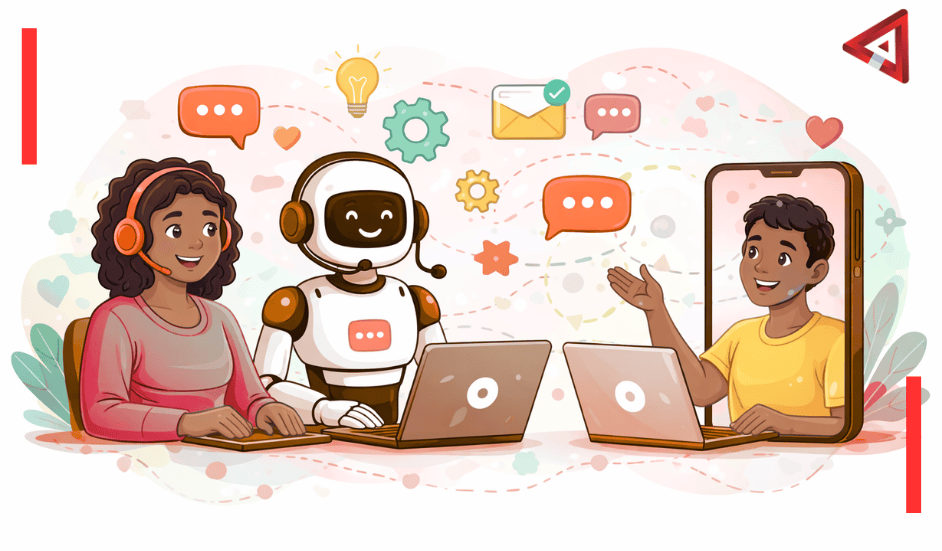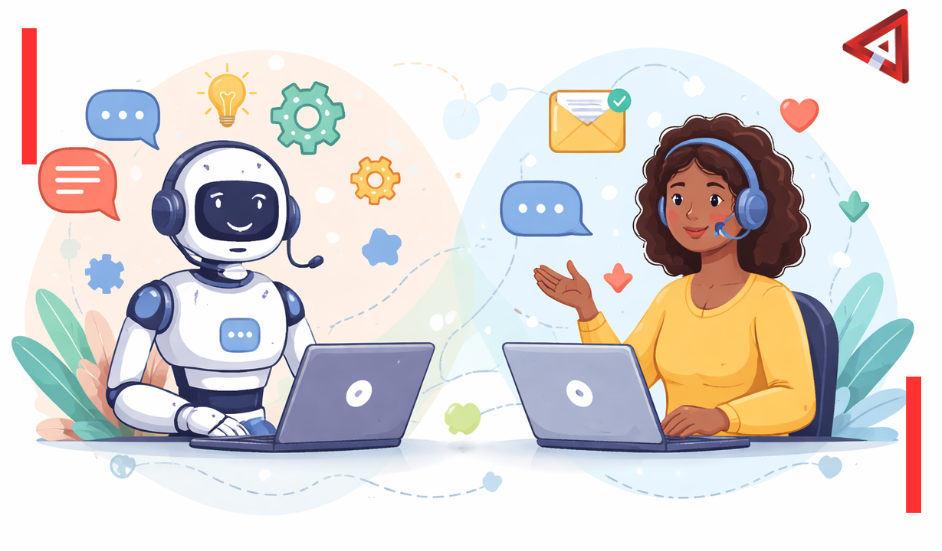Artificial intelligence (AI) is advancing rapidly, and two major players in this space are DeepSeek and OpenAI. These companies develop AI models that help with tasks like answering questions, generating content, and even coding. But how do they compare? Which one is better for your needs? In this blog, we’ll break it down in simple terms and give you a detailed analysis to help you make an informed decision.
What is DeepSeek?

DeepSeek is a relatively new AI model focusing on natural language processing (NLP) and content generation. It aims to provide high-quality responses, similar to OpenAI’s models. While not as widely recognized, DeepSeek is making strides in AI development with innovative approaches to training data and response generation. DeepSeek’s developers claim that it has the potential to rival some of the most advanced AI models available today. However, as it is still in its early stages, it may not yet have the same level of polish and reliability as OpenAI’s well-established models.
One of the main strengths of DeepSeek is its ability to generate text quickly while maintaining coherence. It can perform tasks like summarization, translation, and content creation effectively. However, it may struggle with handling complex queries that require deep contextual understanding.
What is OpenAI?

OpenAI is one of the most well-known AI research organizations. It has developed powerful AI models like Chat GPT-4, which can generate human-like text, answer complex questions, and even help with programming. OpenAI’s models are used in various applications, from chatbots to business automation tools. OpenAI’s main goal is to ensure that artificial general intelligence (AGI) benefits all of humanity. To achieve this, they continuously develop and improve their AI models, making them more accessible and effective.
OpenAI’s success stems from its extensive research and vast datasets. GPT-4, for example, is trained on a wide variety of information sources, which allows it to provide accurate, contextually relevant, and insightful responses. OpenAI has also integrated its models into numerous applications, making it a leader in the AI space.
DeepSeek vs OpenAI: Key Differences
1. Performance and Accuracy
- DeepSeek: While DeepSeek offers impressive NLP capabilities, it is still catching up to OpenAI in terms of overall accuracy. It provides relevant responses, but sometimes they may lack depth or context. DeepSeek works well for general questions and basic tasks but may fall short when faced with complex, multi-step problems.
- OpenAI: OpenAI’s models, especially GPT-4, are known for their high accuracy and contextual understanding. They can generate more refined and natural responses compared to many other AI models. OpenAI’s AI can provide more nuanced answers, making it the preferred choice for users who require precise and detailed information.
2. Training Data
- DeepSeek: Uses a diverse dataset but may not have access to as much data as OpenAI. This can sometimes affect response quality, especially for complex queries. DeepSeek is still in the process of expanding its dataset, which means its understanding of niche topics may be limited.
- OpenAI: Trained on a vast dataset covering multiple industries, making its responses more detailed and nuanced. OpenAI continuously updates its models with new information, ensuring that they stay relevant and capable of handling a wide range of topics effectively.
3. Usability and Interface
- DeepSeek: Offers a user-friendly interface but may have fewer features compared to OpenAI’s products. It is designed to be simple and accessible, but users may notice a lack of customization options and advanced features.
- OpenAI: OpenAI models are integrated into multiple platforms, making them accessible for a wide range of uses, from chatbots to content creation tools. The availability of OpenAI’s models in various applications, including customer service, education, and business solutions, makes it a versatile choice for users.
4. Cost and Accessibility
- DeepSeek: May offer more affordable or free access compared to OpenAI, making it an attractive option for users on a budget. This makes it an excellent choice for individuals and small businesses that need AI assistance without a high cost.
- OpenAI: While OpenAI provides a free tier, accessing its more advanced models requires a subscription or payment. OpenAI’s pricing model reflects the sophistication and reliability of its AI services. However, for enterprises and professionals looking for high-quality AI solutions, the cost is often justified.
5. Customization and Flexibility
- DeepSeek: Offers some level of customization but may not be as flexible as OpenAI in terms of API access and fine-tuning. Users may find DeepSeek sufficient for general tasks but may need to explore other options for specialized AI implementations.
- OpenAI: Provides API access and customization options, allowing developers to fine-tune models for specific needs. OpenAI’s customization capabilities make it a popular choice for businesses looking to integrate AI into their operations in a meaningful way.
DeepSeek vs OpenAI: Which One Should You Choose?
Choose DeepSeek if:
- You need a budget-friendly AI model.
- You want a simple AI tool for basic tasks.
- You are looking for an alternative to OpenAI that is still evolving.
- You don’t require deep contextual understanding in AI-generated responses.
- You prefer an AI model that focuses on speed over depth.
Choose OpenAI if:
- You need highly accurate and detailed responses.
- You want an AI model with extensive training data.
- You need API access and customization features for professional use.
- You require an AI model that can handle complex queries with deep contextual awareness.
- You are looking for a reliable and well-established AI provider.
Final Thoughts
Both DeepSeek and OpenAI have their strengths and weaknesses. If you’re looking for a more established and advanced AI model, OpenAI is the better choice. It provides highly accurate, detailed responses and offers extensive customization options. However, if you want an affordable alternative with decent performance, DeepSeek is worth exploring. While DeepSeek may not yet match OpenAI in terms of accuracy and depth, it is continuously improving and has the potential to become a strong competitor in the AI space.
As AI continues to evolve, both DeepSeek and OpenAI will likely improve, bringing even more powerful and accessible AI tools to users worldwide. Choosing between the two ultimately depends on your needs, budget, and the level of accuracy you require. If you need an AI for basic tasks and affordability is a priority, DeepSeek is a solid option. If you need a high-performance AI with advanced capabilities, OpenAI remains the top contender.
Whether you choose DeepSeek or OpenAI, the future of AI is exciting, and both platforms are contributing to making AI more accessible and useful for various industries and individuals alike. Keep an eye on future developments, as both companies are working to push the boundaries of what AI can achieve!







